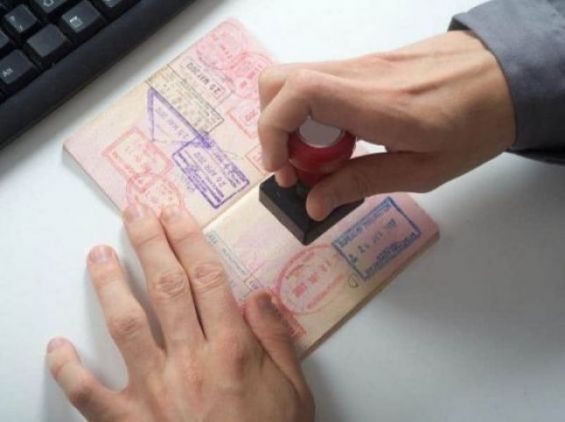Immigrants working in Gulf countries are the first ones to feel the consequences of the coronavirus crisis. Under the pretext of fighting against the virus, several governments in the Gulf region have announced that they are planning to repatriate foreign workers.
In fact, Kuwait has introduced a plan to expel foreign workers with no valid working permits, with a few «advantages», such as free airline tickets and an exemption from the payment of substantial penalties for those who do not have valid resident cards.
The Kuwaiti Interior Ministry has also covered the cost of accommodation and food for immigrants awaiting repatriation. Egyptians, Indians and Filipinos are the first ones to be affected by this tightening policy, said Alaraby, a London-based Qatari media.
Pretexting a large number of foreigners who would have tested positive for coronavirus and its possible impact on the health system, Kuwait intends to resolve its demographic imbalance, knowing that foreigners represent 3.3 million people against 1.45 million Kuwaitis.
Local MPs support the government plan. With the Covid-19, they are now calling the government to gradually deport immigrants.
The same policy to be implemented by other Gulf States
In other parts of the region, immigrants are also condemned to pay the heavy price of the coronavirus. In Qatar, and for political reasons, Doha first targeted Egyptians. The same applies to the thousands of its nationals who have freely chosen to leave Saudi Arabia to return home and who have been waiting for days at the port of Dabbah for the Egyptian authorities to charter ferries for them.
According to media in the Gulf, Bahrain and Saudi Arabia could be an exception to the wave of evictions sweeping the region. Manama has even launched a regularization campaign for irregular immigrants. The initiative comes as a response to a proposal from MPs. The measure was first implemented for women, before it was open to men.
In Riyadh, King Salman ordered his government to extend, during the pandemic, foreigners' residence cards and visas for an additional three-month period. The example set by the Saudi government was not followed by Abu Dhabi. Indeed, the UAE threaten to take retaliatory measures against States that oppose its «humanitarian initiative» to repatriate foreign nationals on its soil.
Human Rights Watch expressed concern over the situation of «many migrant workers, especially those who are undocumented (...) or who have fled unscrupulous employers» and are awaiting deportation to «overcrowded and unsanitary» centers. Some 8,400 cases of coronavirus and 60 deaths, mainly foreigners, have been officially reported so far in the states of the Gulf Cooperation Council, the international NGO said.





 chargement...
chargement...












